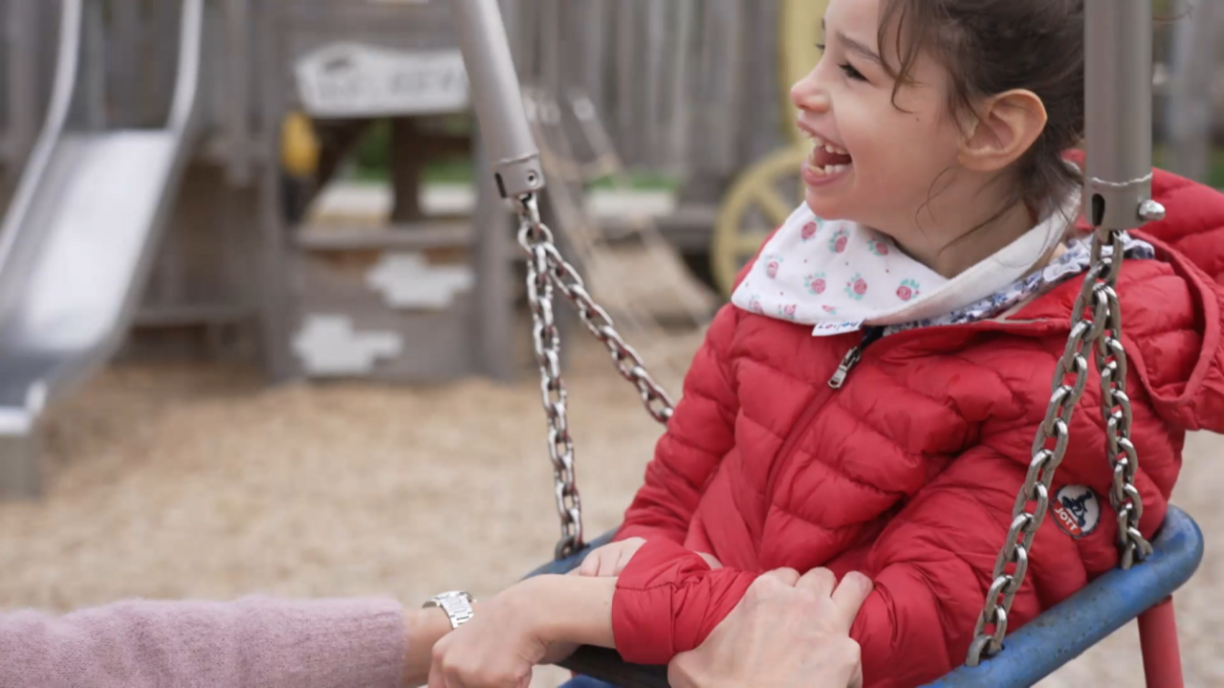
With no official figures available and no specialised facility to support affected families, many feel forgotten. Since 2019, the association ‘Pour une Parenthèse’ has been campaigning for the creation of Luxembourg’s first children’s hospice, a space where families with terminally ill children can find respite, support, and time together.
André Loutsch, vice-president of the association, knows this need intimately. His nine-year-old son Tristan lives with a rare genetic condition, one of only eight known cases in Europe, which demands round-the-clock care. “We have to be ready for anything, at any time”, says Loutsch, adding that “it’s like packing a suitcase without knowing where you’re going”. He describes living at the edge of physical and emotional exhaustion in a system that, in his words, simply wasn’t built for them.
From inadequate hospital facilities to insufficient home care support and poorly adapted reimbursement rules, families like his face immense strain, he says. He estimates that between €25,000 and €30,000 in necessary medical expenses go uncovered each year. “To take proper care of a child with a disability, you have to be rich”, he remarks bluntly.
‘Pour une Parenthèse’ hopes to change that. The organisation envisions a home that welcomes children with life-limiting conditions, whether or not they are in an acute phase of illness, along with their families. “This wouldn’t be just a place of mourning, but a place for living”, says association president Stéphanie Rosquin. The hospice would accompany families from diagnosis through to bereavement, offering both medical care and space to simply be together, she explains.
Audrey Iagnemma, a mother of two, knows what that support could mean. Her eldest daughter Romy, aged eight, lives with an extremely rare condition affecting only a thousand people worldwide. Diagnosed at age two, Romy was given a life expectancy of just 25 years. The diagnosis was devastating, but also offered clarity, she explained.
Since then, the family has adapted their life around Romy’s needs. Iagnemma reduced her work hours, the family purchased a specially equipped vehicle, and their daily routine is carefully orchestrated. Any small disruption, a cold, a visitor, a missed appointment, can throw the balance into chaos.
But it’s not just the parents who sacrifice. Romy’s younger sister, Mara, now four, often has to take a back seat. “She understands, but she’s still just a little girl with her own needs”, Iagnemma says, adding that “they may not be essential, but they matter deeply to her”. A children’s hospice, she believes, could also offer siblings a space to connect with others in similar situations and not feel so alone.
Loutsch’s experience echoes many of these themes. When his son was diagnosed at age three, Loutsch’s relationship broke down under the pressure. He returned to Luxembourg from France and built a life around Tristan’s care. From home adaptations, safety glass, ceiling lifts, childproof switches, to an employer who understood his situation, Loutsch has slowly carved out stability. Still, many challenges remain.
The unpredictability of Tristan’s condition makes long-term planning impossible. According to Loutsch, each epileptic episode causes regression: skills gained are suddenly lost.
A political stalemateDespite growing awareness, efforts to build a children’s hospice in Luxembourg remain stuck in limbo. Though the National Plan includes the project, ministries are still debating who holds responsibility.
In the meantime, ‘Pour une Parenthèse’ continues its work. Last year, they organised the “Elephant Run”, visiting all organisations already active in paediatric palliative care to raise visibility and funds. But without long-term public support, Rosquin say progress will be impossible.
The envisioned hospice would include more than medical support. It would offer playgrounds for siblings, rooms for quiet family time, counselling, and bereavement support. The goal: to allow parents to stop being nurses, coordinators, and secretaries, and simply be parents.
Iagnemma agrees, stating that being the parent of a disabled child teaches resilience. She adds, however, that “when you finally say, ‘I can’t do it anymore’, it means there really are no more solutions left”. She concludes that the hospice would provide such a solution.